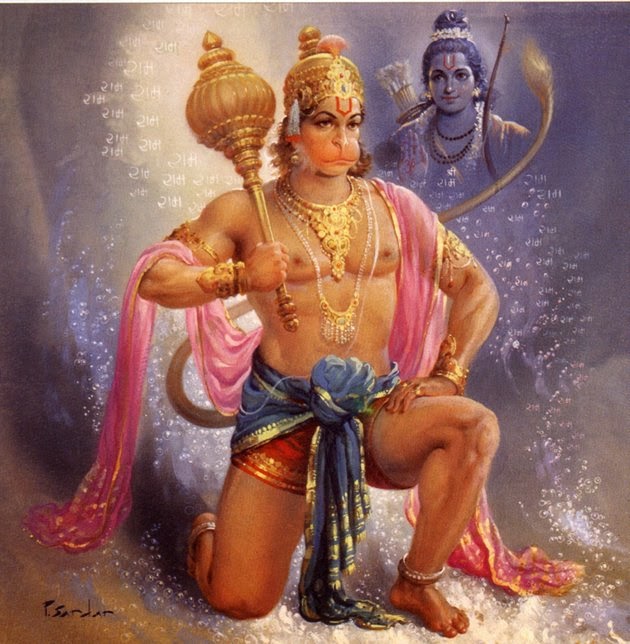Wandering Monks - Protectors of "Religion Eternal"
Bengal never received an influx from that of the great brotherhood of Sannyasins who are the representatives and repositories of the highest Indian spiritual culture even at the present day.
Tyâga (renunciation) is never liked by the higher classes of Bengal. Their tendency is for Bhoga (enjoyment). How can they get a deep insight into spiritual things? त्यागेनैके अमृतत्वमानशुः — "By renunciation alone immortality was reached." How can it be otherwise?
On the other hand, throughout the Hindi-speaking world, a succession of brilliant Tyâgi teachers of far-reaching influence has brought the doctrines of the Vedanta to every door. Especially the impetus given to Tyaga during the reign of Ranjit Singh of the Punjab has made the highest teachings of the Vedantic philosophy available for the very lowest of the low. With true pride, the Punjabi peasant girl says that even her spinning wheel repeats: "Soham", "Soham". And I have seen Mehtar Tyagis in the forest of Hrishikesh wearing the garb of the Sannyasin, studying the Vedanta. And many a proud high-class man would be glad to sit at their feet and learn. And why not? अन्त्यादपि परं धर्मं — "Supreme knowledge (can be learnt) even from the man of low birth."
Thus it is that the North-West and the Punjab have a religious education which is far ahead of that of Bengal, Bombay, or Madras. The ever-travelling Tyagis of the various orders, Dashanâmis or Vairâgis or Panthis bring religion to everybody's door, and the cost is only a bit of bread. And how noble and disinterested most of them are! There is one Sannyasin belonging to the Kachu Panthis or independents (who do not identify themselves with any sect), who has been instrumental in the establishing of hundreds of schools and charitable asylums all over Rajputana. He has opened hospitals in forests, and thrown iron bridges over the gorges in the Himalayas, and this man never touches a coin with his hands, has no earthly possession except a blanket, which has given him the nickname of the "Blanket Swami", and begs his bread from door to door. I have never known him taking a whole dinner from one house, lest it should be a tax on the householder. And he is only one amongst many. Do you think that so long as these Gods on earth live in India and protect the "Religion Eternal" with the impenetrable rampart of such godly characters, the old religion will die?
In this country, [14] the clergymen sometimes receive as high salaries as rupees thirty thousand, forty thousand, fifty thousand, even ninety thousand a year, for preaching two hours on Sunday only, and that only six months in a year. Look at the millions upon millions they spend for the support of their religion, and Young Bengal has been taught that these Godlike, absolutely unselfish men like Kambli-Swami are idle vagabonds. मद्भक्तानाञ्च च ये भक्तास्ते मे भक्ततमा मताः — "Those who are devoted to My worshippers are regarded as the best of devotees."
Take even an extreme case, that of an extremely ignorant Vairagi. Even he, when he goes into a village tries his best to impart to the villagers whatever he knows, from Tulasidâsa, or Chaitanya-Charitâmrita or the Âlwârs in Southern India. Is that not doing some good? And all this for only a bit of bread and a rag of cloth. Before unmercifully criticising them, think how much you do, my brother, for your poor fellow-countrymen, at whose expense you have got your education, and by grinding whose face you maintain your position and pay your teachers for teaching you that the Babajis are only vagabonds.
- When the success of Swamiji in America became well known in India,several meetings were held and addresses of thanks and congratulations were forwarded to him. The first reply which he wrote was that to the Address of the Hindus of Madras.
